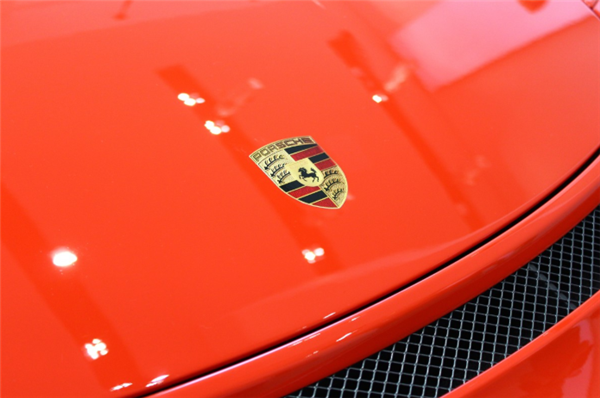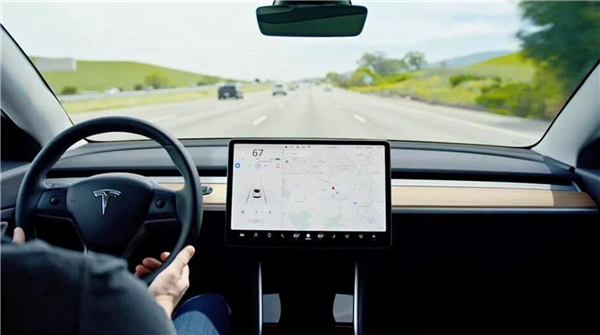July 30, 2025 – On Wednesday, the German luxury carmaker Porsche slashed its full-year profit forecast, attributing the move to rising tariffs stemming from a trade deal between the European Union and the Trump administration in the United States. The company revealed it had already absorbed roughly €400 million in losses due to tariff-related pressures in the first half of the year.
Escalating U.S. import tariffs on automobiles have intensified Porsche’s struggles, which are compounded by weakening demand in China and sluggish progress in its electric vehicle (EV) transition. The automaker is also grappling with a costly restructuring plan aimed at addressing these systemic challenges. “We continue to confront significant global headwinds—this is no passing storm,” said Porsche CEO Oliver Blume, emphasizing the severity of the company’s predicament.

Under new 15% tariffs set to take effect on August 1, Porsche now projects its group revenue for 2025 will land between €37 billion and €38 billion, aligning with earlier estimates. However, its operating margin forecast has been revised downward to 5–7%, down from the previous range of 6.5–8.5%. The automaker stated that its updated guidance accounts for mitigation strategies, including price adjustments, to offset tariff impacts.
Recent financial disclosures underscore the urgency of Porsche’s situation: second-quarter operating profit plummeted 91% year-on-year to just €154 million, according to data released last week. In February, the company announced plans to cut 1,900 jobs over the next four years, though a safeguard agreement valid through 2030 prevents forced layoffs for now.
On Wednesday, Porsche reiterated that its leadership team is “resolutely advancing efforts to resize operations and redefine business priorities,” with negotiations with employee representatives scheduled for the second half of the year. The company allocated approximately €200 million in special charges for restructuring in the first six months of 2025, alongside €500 million in investments tied to battery technology and EV development.
As Porsche navigates this turbulent period, analysts warn that its ability to balance cost discipline with innovation will determine its long-term competitiveness in a rapidly evolving automotive landscape.












